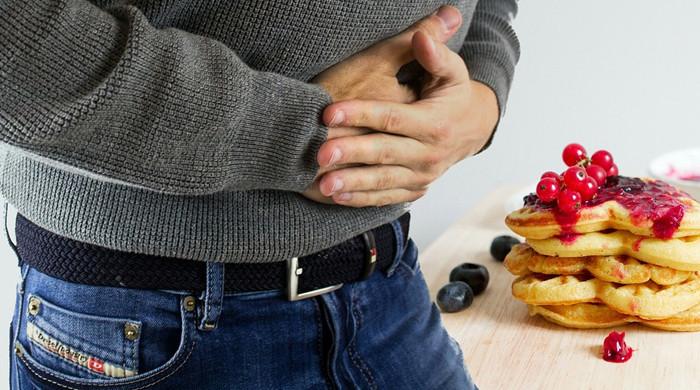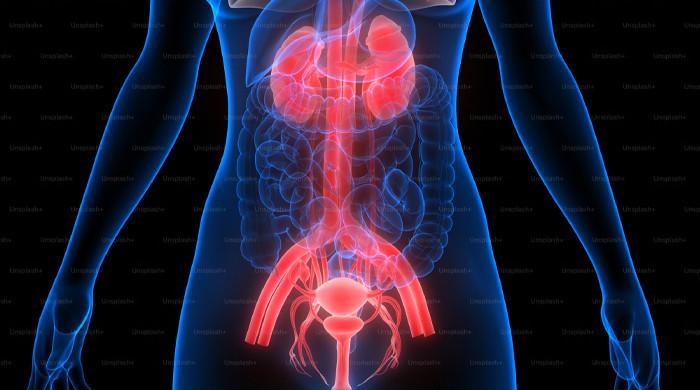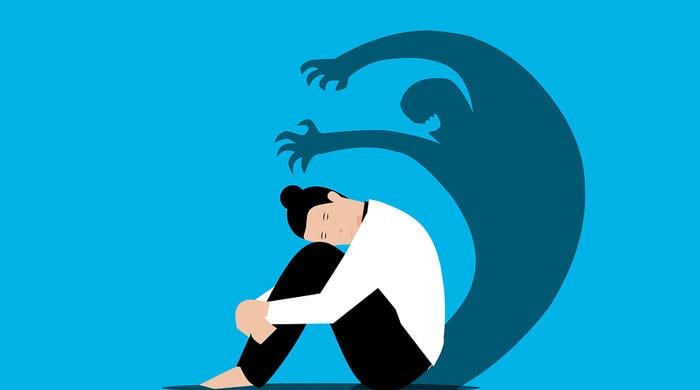Microplastics in humans: Dangers, consequences & side effects
Here are the biggest dangers people can expect when eating foods tainted with microplastics
January 15, 2024
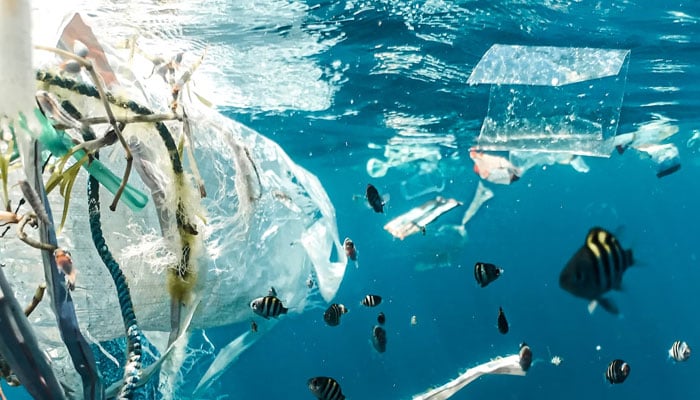
The dangers associated with microplastic have overtaken headlines in recent months and the reason for that is newfound research that links the absorption of these manmade compounds in other living organisms.
What is a Microplastic?

For those unversed, microplastics are thread-shaped fragments or threads of a compound that is found in many aspects of the ecosystem, including cigarette butts, ropes, and also fishing nets.
These can wind up getting inside the marine life people consume, thereby spreading into the human populace, as well as other animals.
When Was Plastic Invented?
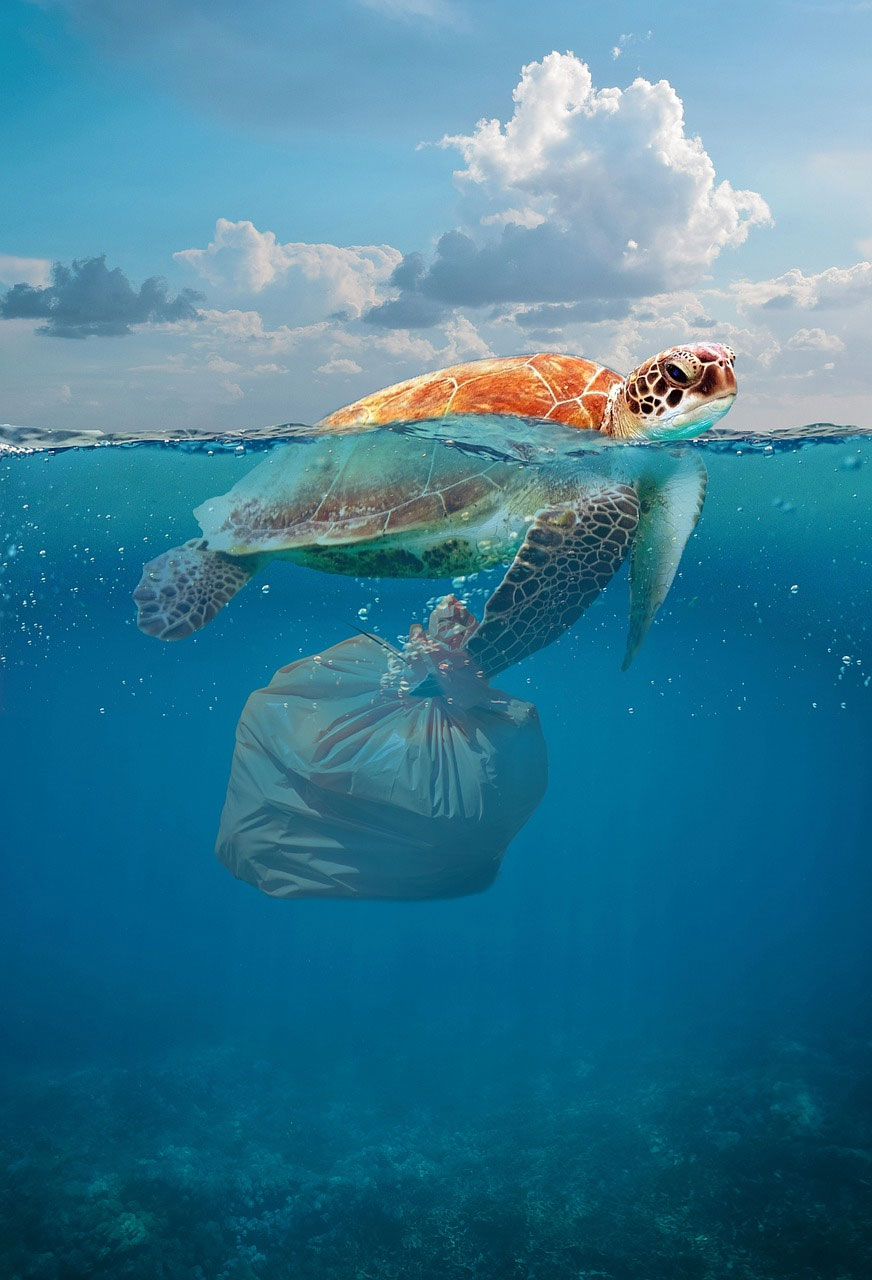
plastic itself was invented back in 1907, by a Belgian chemist and marketer Leo Baekeland.
This pioneer ended up beating a rival to the patent office by a single day as well.
The substance is created by combining two chemicals formaldehyde as well as phenol, under heat and pressure.
How Long Does it Take for Plastic to Decompose?

For those unversed, it takes about 20 to 500 years for plastic to recompose, and even then there are times when it never really disappears. It just ends up becoming smaller with each passing day and up till now.
Dangers of Microplastics:
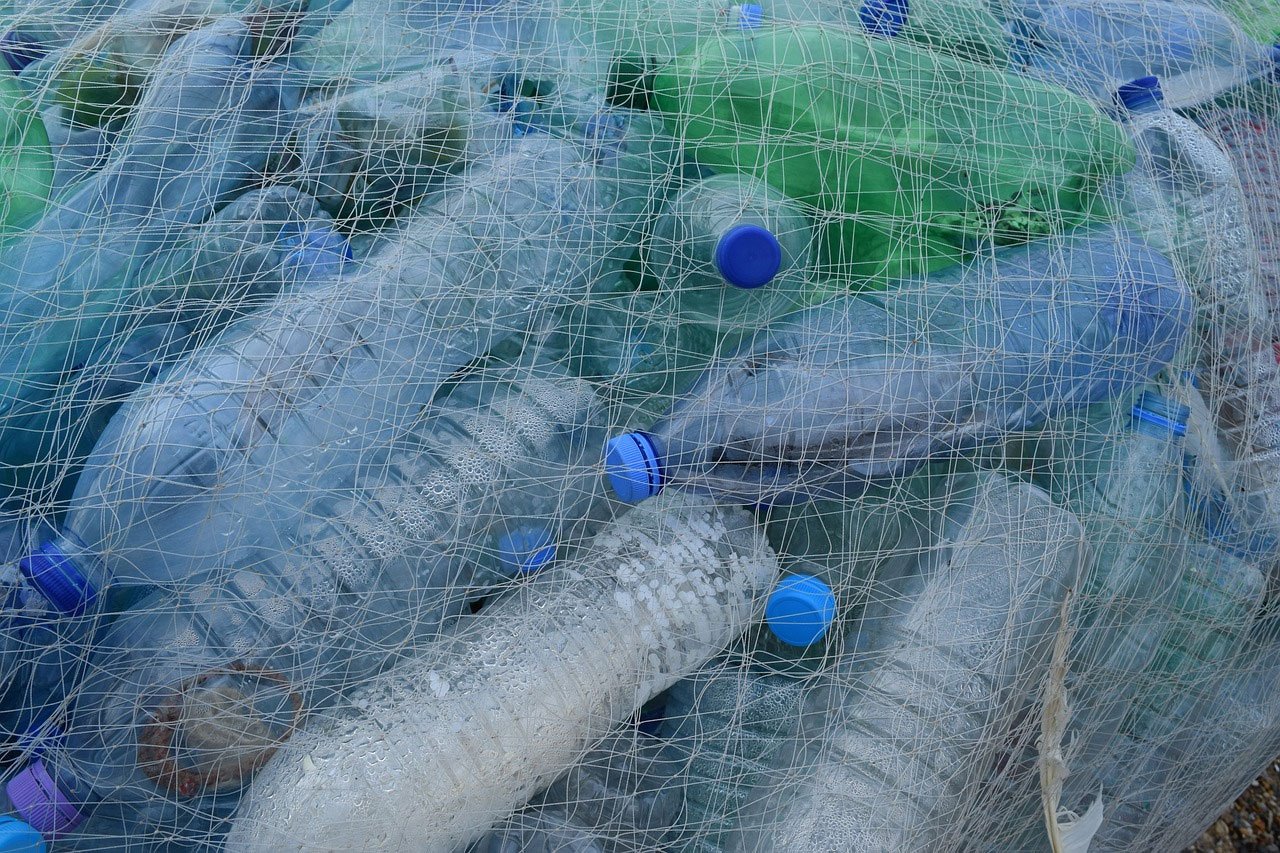
There are several dangers that microplastics pose on the Earth and many of their effects are linked to cardio and immune health.
They include;
1. Hormone Disruption:
Several issues are caused by hormone-related issues and many of them occur when there is prolonged exposure to Bisphenol A (BPA), which is a prevalent plasticizer.
It causes havoc on the reproductive system of women and often renders them completely infertile, whereas others face polycystic ovary syndrome (PCOS).
2. Chronic Disease:
Microplastics are also known for being endocrine disruptors, and pose a massive risk to people, threatening type 2 diabetes and heart disease.
Other potential issues include impaired fasting glucose, as well as insulin resistance, inflammation, and obesity.
3. Impaired Immune Health:
Microplastics also lead to poor gut health and weakened immunity and also cause dysbiosis (which is a disruption of gut microbiota).




